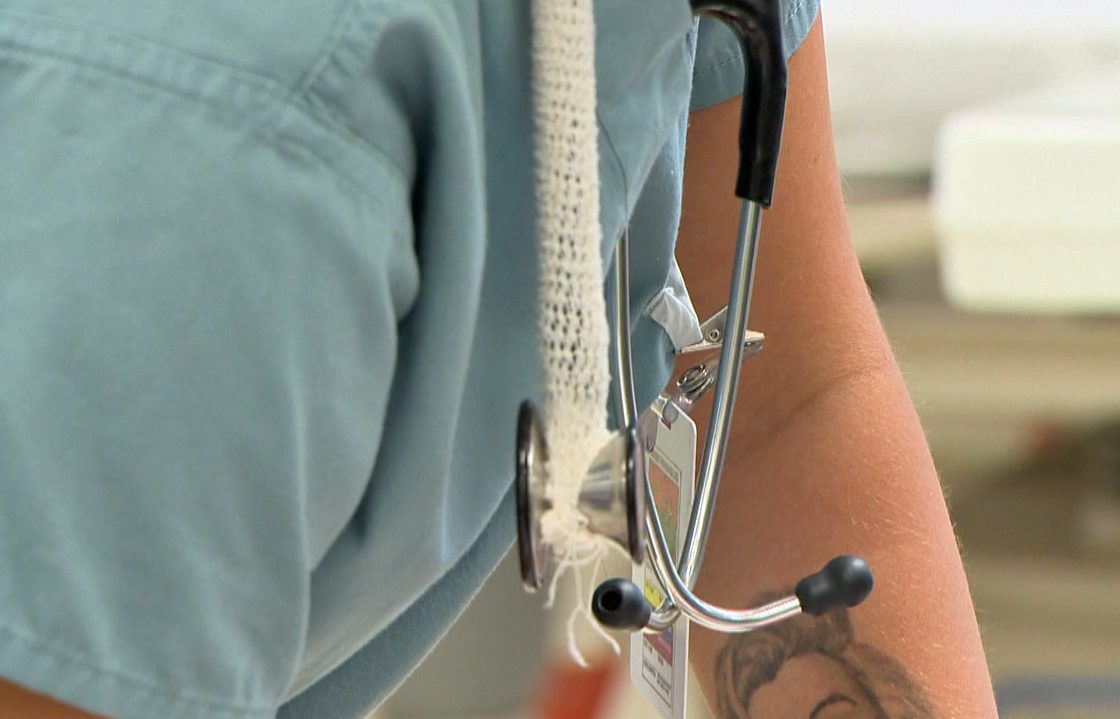Saskatchewan’s provincial auditor Judy Ferguson says the Ministry of Health needs to better use critical health incident reports as a tool to help improve safety.

Defined in her 2021 Report – Volume 1 released Tuesday, “a critical incident is a serious adverse health event that did or could have resulted in serious harm or death of a patient.”
The ministry is in charge of overseeing mandatory reporting of critical incidents to help address any concerns and to prevent future problems.
Ferguson’s report shows the ministry does not determine whether it is notified of critical incidents and that they’re being under-reported.
“For example, between December 2019 and September 2020, the Saskatchewan Health Authority (SHA) reported to the ministry 17 critical incidents related to medical devices whereas, for the same period, it reported 24 incidents for medical device failures to Health Canada,” the report read.
Critical incident reports still remain high in Saskatchewan, with more than 200 reports in each of the past two years. One patient died.
The report also shows the ministry “did not encourage prompt critical incident reporting.”
“The authority (SHA) often submitted to the ministry critical incident notifications and reports late. On average, the authority took over 100 days to report,” the report read.
“Delayed reports result in delays in the ministry evaluating the robustness of authority-planned corrective actions, which delays properly addressing contributing factors.”
Ferguson said her audit focused on areas of importance.

Get breaking National news
“Lying in bed too long in one position without being rotated, falls that cause death, suicides while in care and medication errors – those are the four highest areas that we identified,” Ferguson said.
“What we were doing was looking to see if the ministry was issuing patient alerts in those particular areas…. We found the ministry wasn’t issuing patient alerts.”
It also found the ministry does not monitor whether or not SHA addressed the identified causes of reported critical incidents.
“The audit found over two-thirds of corrective actions were reported as not implemented by the Authority,” the report read.
“Sufficient actions should reduce, over time, the degree of injury and the kinds of critical incidents that occur in specific facilities.”
Ferguson said “not knowing whether corrective actions are taken increases the likelihood of recurring patient harm or death.”
According to the report, the ministry limits analysis when it comes to identifying whether or not system-wide improvements are needed to help keep patients safe.
“While the Ministry periodically issued patient safety alerts, very few of those issued in the last three years related to the highest subcategories of critical incidents reported (e.g., medication errors),” the report read.
“Patient safety alerts are to communicate patient safety information for the benefit of the broader healthcare system. Research suggests about one-third of critical health incidents in hospitals are preventable.”
Ferguson said “if used well, reporting of critical incidents can be an effective tool in improving patient safety.”
Saskatchewan NDP health critic Vicki Mowat said the province needs to do a better job of making sure critical incident reports are being addressed.

“We’ve heard so many stories of people’s critical incidents falling through the cracks under this Sask. Party government’s management. It’s incredibly concerning to hear that critical incidents aren’t being reported properly, aren’t going down, and aren’t being followed up on,” Mowat said.
“When something goes terribly wrong for patients in our health-care system, it needs to be documented and fixed so that it doesn’t happen again.”
The ministry says it’s something it is continuing to work on.
“We have to have staff reporting them and making sure that they identify what is a critical incident and then we have to analyze exactly what the error was,” said Paul Merriman, Saskatchewan’s health minister.
“Then we have to look at ‘do we need to make some policies changes within the SHA and the Saskatchewan Cancer Agency and our affiliates?’
“It’s something I’ve been working on with my ministry officials to make sure that end-to-end process is as smooth as possible so we can reduce any future critical incident reports.”
The full report can be read at www.auditor.sk.ca.






Comments